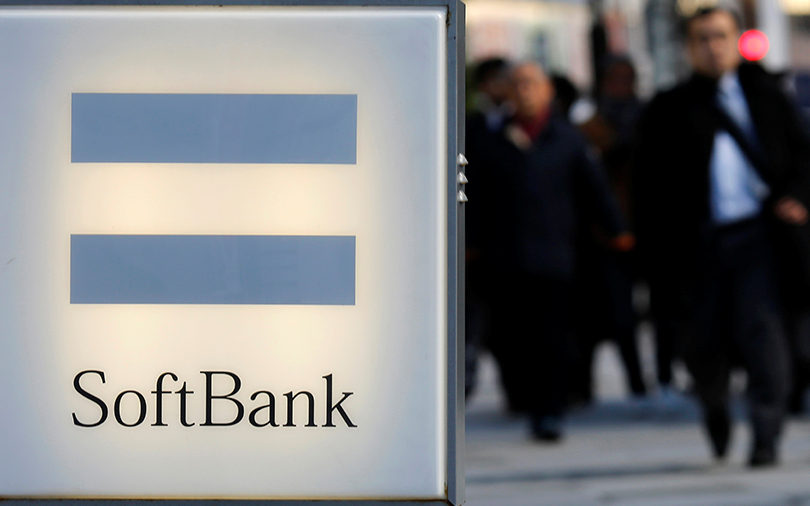
Masayoshi Son-led Japanese internet conglomerate SoftBank, which is orchestrating a merger between e-tailers Flipkart and Snapdeal, has reportedly reached a broad agreement with stakeholders on the deal.
With this, the merger, which hasn't made any headway over the last few weeks, has inched closer to seeing the light of the day, Nikkei Asian Review reported. It added that SoftBank, which is looking to own about 20% of the combined entity, will put in more money via its massive joint investment fund.
In April, it was reported that SoftBank, the largest investor in Snapdeal, was to put $500 million into Flipkart. However, it was contingent on the overall terms of the deal.
VCCircle was the first to report in August last year that Snapdeal had initiated preliminary talks with Flipkart to explore a possible merger that could realign the contours of the country’s e-commerce industry.
The deal talks—which ran into a stalemate due to disagreements over valuation between Nexus Venture Partners and Kalaari Capital on one side and SoftBank on the other—picked up pace last month after SoftBank managed to convince Snapdeal's early investors. However, the fate of Snapdeal’s associated entities, including in-house logistics arm Vulcan Express, payment wallet FreeCharge and e-commerce solutions wing Unicommerce, is still unclear.
Even as speculations are rife that a deal is likely by the end of June, the merger might have hit a new speed bump.
Earlier in the day, The Economic Times reported that the deal may likely violate provisions of the Foreign Exchange Management Act (FEMA) given the Singapore-domiciled Flipkart Pvt. Ltd.
According to the report, the proposed all-stock deal would see shareholders of Snapdeal receive Flipkart stock. But share issuance by Flipkart Singapore to Indian shareholders of Snapdeal would need the Reserve Bank of India's specific permission, else the transaction could be construed as reverse round-tripping and breach of FEMA rules. The RBI exercises increased scrutiny on cross-border transactions that result in residents owning shares of an overseas company that has a stake in another Indian company.
Like this report? Sign up for our daily newsletter to get our top reports.